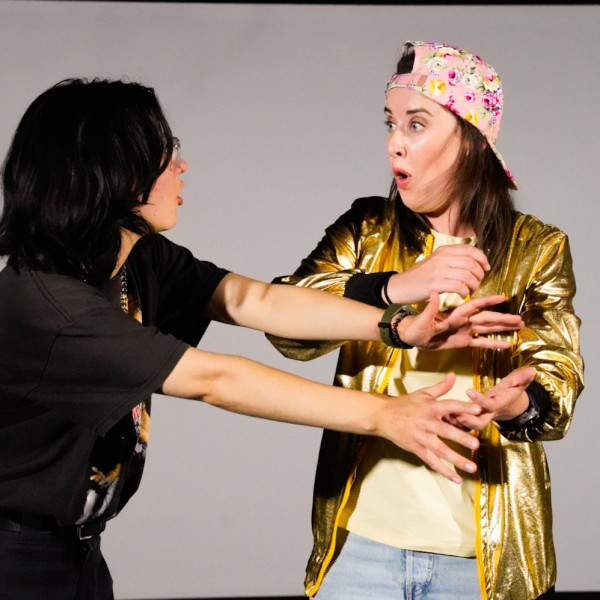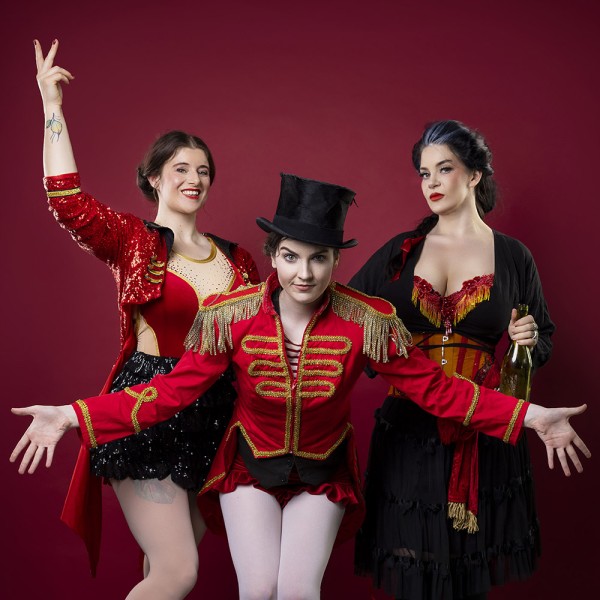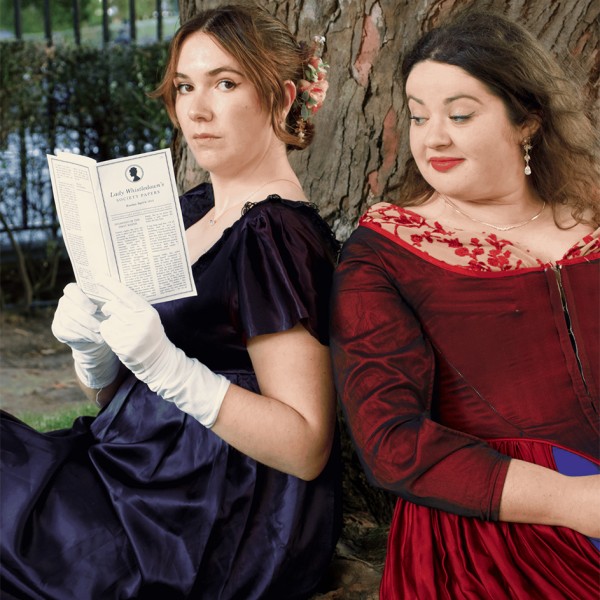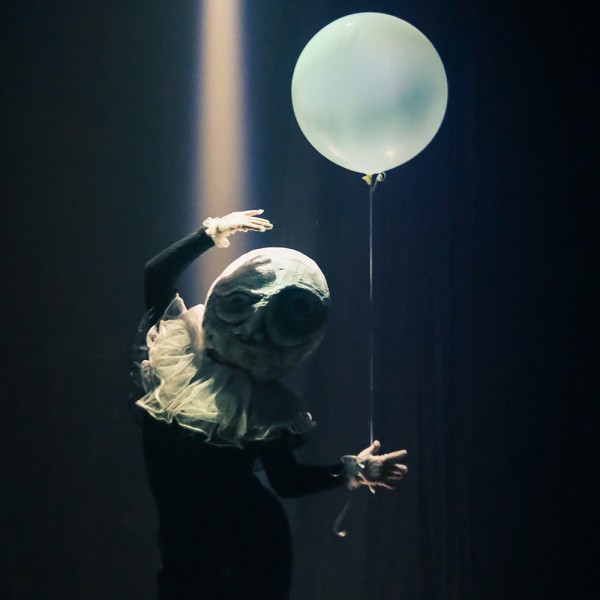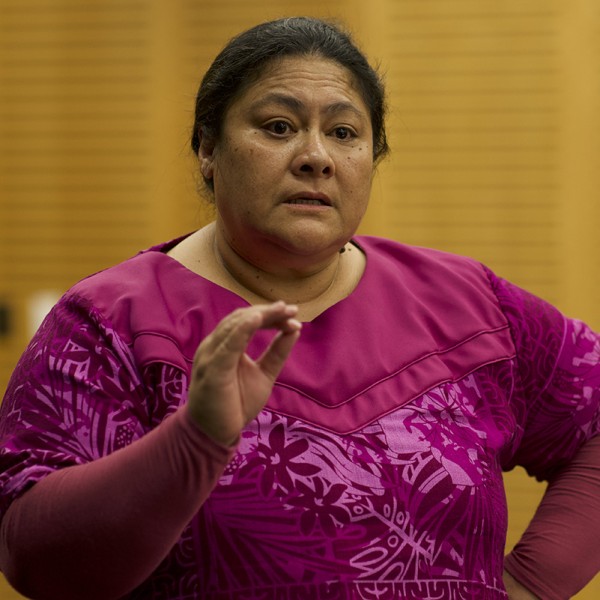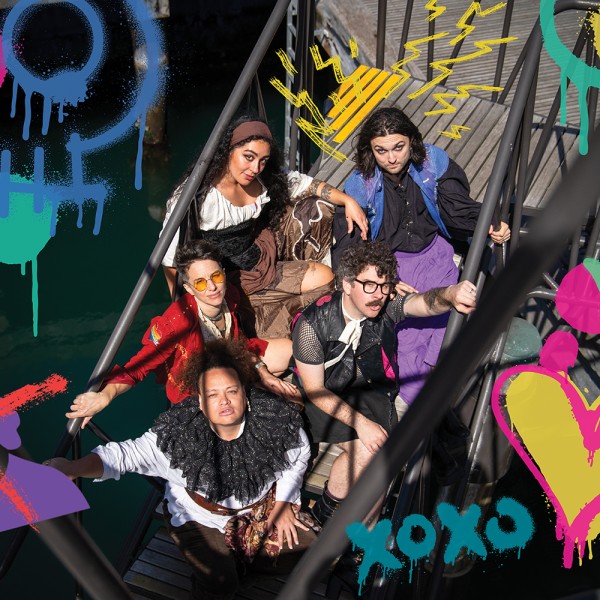
Transhumance
Created by: Ania Upstill
Directed by: SMJ
Gryphon Theatre, 21st Feb 2025
Reviewed by: Ruth Corkill
Ania Upstill’s solo clown show Transhumance is a sophisticatedly silly exploration of gender that entrances all ages. The show follows The Clown as they explore a series of train stations, each standing in for a prescriptive heteronormative gender identity. Upstill’s technical skills in physical theatre form the foundation of the work. Much of the movement utilised is deceptively simple, but their deployment and timing are expert. The Clown is a consistent, fully realised character throughout, even as they play with different modes of gender expression and physicality.
The set is minimal, an information sign and a suitcase of gendered clothing (scenic and prop design by Milo Robinson). There is no dialogue from The Clown, but sound is used to great effect; each station has music (Kendall Perry), and an officious voice issues instructions. From the outset, Upstill establishes rapport with the audience. Their character is warm, open, and curious, although we often see them in distress. We are called on to help interpret the information and objects available to The Clown. Upstill has us miming, lending objects from our bags, calling out suggestions, and, of course, laughing.
Gendered language is never used, but Upstill elucidates through physicality just how absurd our concept of rigid genders is, and how tiring it is to perform gender roles. Exhausted and troubled, The Clown rejects these narrow options, and boards a train once more.
In this third act of the piece, all the labour Upstill has put in thus far pays off in a series of simple, beautiful moves. The final station is peaceful. We all get some space to breathe, and The Clown shares a satsuma with us. The suitcase is cautiously opened once more, but this time it reveals a flourishing of flowers and birdsong. The sound of contentment that the audience makes in response is one of the loveliest things I’ve ever heard in a theatre. The Clown leaves a circlet of these flowers at the information counter for whichever travellers come along next.




